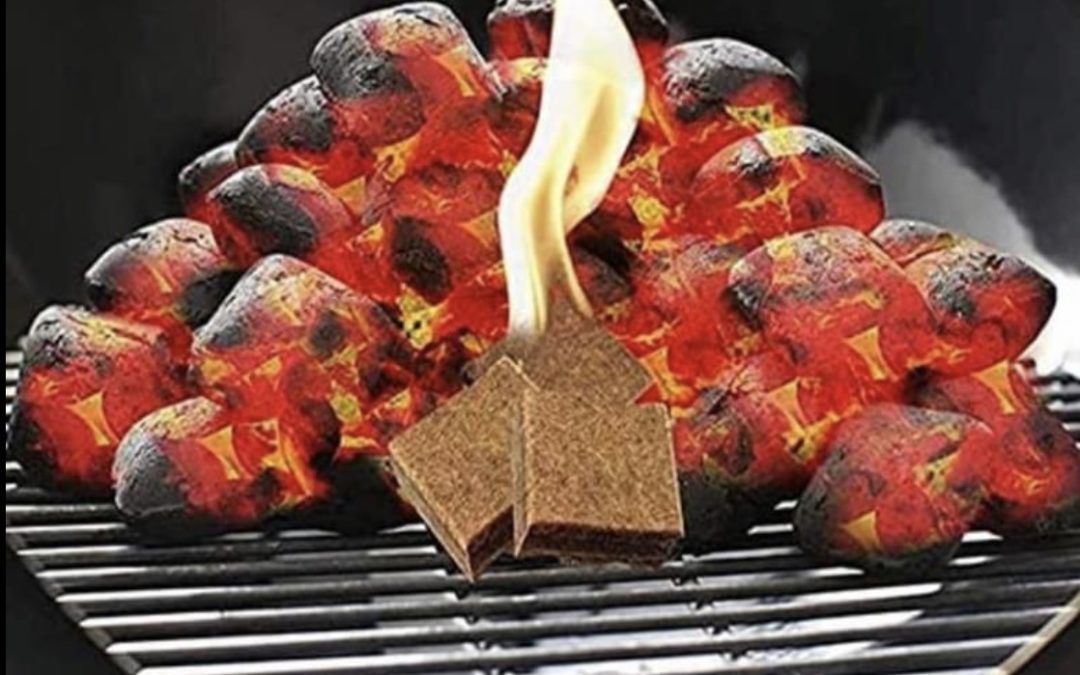Nothing beats the smoky, irresistible flavour of a perfectly grilled barbecue. If you’re a barbecue enthusiast, you might have wondered how that delicious smokiness is achieved. The secret lies in the type of fuel you use and charcoal happens to be one of the best choices. In this blog, we’ll delve into the science behind charcoal and how it enhances the flavour of your BBQ.
What is Charcoal?
Charcoal is a black, porous substance that remains after wood is heated in the absence of oxygen. It’s essentially carbon-rich and it differs from traditional wood in several ways. While both wood and charcoal can be used as fuels for grilling, charcoal has unique properties that make it an excellent choice for imparting smoky flavour.
The Science of Charcoal Flavouring
-
Stable Heat Source:
- Charcoal provides a stable and consistent heat source. Unlike gas grills, which burn clean and don’t produce much smoke, charcoal grills produce a significant amount of smoke. This smoke contains flavoursome compounds that are absorbed by the food during the cooking process.
-
Combustion and Smoke:
- When charcoal is ignited, it undergoes a process called combustion. During combustion, volatile compounds within the charcoal are released as smoke. This smoke contains a plethora of flavour-enhancing molecules, including phenols, carbonyls and acids. These compounds impart the characteristic smoky flavour to your BBQ.
-
Wood Chips and Aromatics:
- Many barbecue enthusiasts take it a step further by adding wood chips or aromatic herbs to the charcoal. These wood chips release additional volatile compounds with unique flavours, such as mesquite, hickory, or applewood. The combination of charcoal and wood chips creates a complex flavour profile that can be tailored to your preferences.
-
Low and Slow Cooking:
- Charcoal grills are well-suited for the “low and slow” cooking method, which involves cooking meat at a low temperature for an extended period. This method allows the meat to absorb more of the smoky flavours from the charcoal and wood chips, resulting in tender, flavoursome barbecue.
-
Maillard Reaction:
- The high heat generated by charcoal grills promotes the Maillard reaction, a chemical reaction between amino acids and reducing sugars. This reaction creates a range of complex flavour compounds responsible for the savoury and umami notes in grilled meat.
Choosing the Right Charcoal for Flavour
Not all charcoal is created equal when it comes to flavour. Here are a few tips to consider:
-
Hardwood Charcoal:
- Opt for hardwood charcoal over briquettes. Hardwood charcoal is made from pure wood and contains fewer additives, resulting in a cleaner and more authentic smoky flavour.
-
Natural Lump Charcoal:
- Natural lump charcoal is an excellent choice for flavour enthusiasts. It’s made from large chunks of hardwood, providing a robust smoky flavour.
-
Avoid Self-Lighting Charcoal:
- Charcoal that contains self-lighting additives can introduce chemical flavours to your food. Stick with plain, natural charcoal for the best results.
-
Experiment with Wood Chips:
- Enhance the flavour further by experimenting with different wood chips or chunks. Each type of wood imparts a unique flavour, allowing you to customise your barbecue experience.
In conclusion, the science behind charcoal flavouring in BBQ is a delightful combination of combustion, smoke and chemical reactions. Charcoal’s ability to provide a consistent heat source and release flavoursome compounds through smoke makes it an essential choice for barbecue enthusiasts. When you choose the right charcoal and experiment with wood chips, you can create a mouthwatering smoky flavour that elevates your BBQ to a whole new level of deliciousness. So, fire up your charcoal grill, embrace the science and savour the smoky goodness on your plate.

